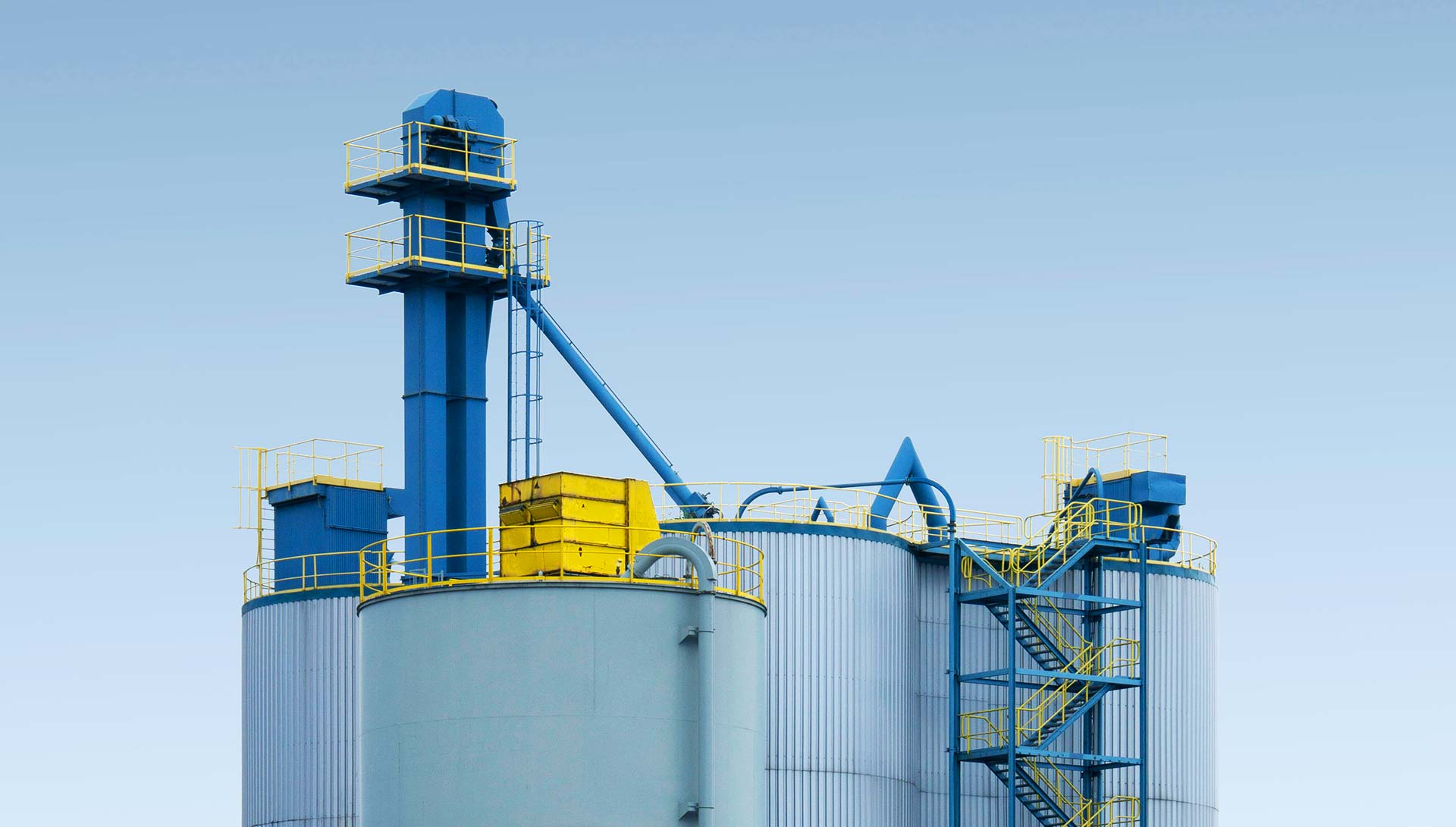


innovative process
The challenge
Instant delivery dominates many urban markets, but for low-urgency goods like meal kits, grocery bundles, or subscription boxes, there was growing demand for flexible, scheduled alternatives. However, coordinating these deliveries presented challenges — from last-mile inefficiencies and failed attempts to low delivery density and limited consumer options. Traditional courier models were too rigid, while platforms lacked the tools to offer controlled delivery windows at scale without increasing costs.
project goals
The aim of this trial was to test and validate a scheduled delivery model using our smart locker infrastructure — offering both operational efficiency for delivery partners and added convenience for consumers. By shifting from door-to-door to centralized, timed drop-offs, the project explored a smarter model for regular, predictable deliveries.
the result
The trials demonstrated significant improvements in route efficiency and delivery success rates. Delivery partners saw up to 40% fewer stops per route with consolidated locker drop-offs. Customers enjoyed the freedom to retrieve items at their convenience — with over 85% of users picking up within 4 hours of delivery. Scheduled windows also meant drivers avoided peak congestion hours, and emissions were measurably reduced due to tighter routing. These successful trials have led to the full rollout of our scheduled delivery support for meal kit, grocery, and subscription platforms nationwide.
Passionate - Dedicated - Professional

